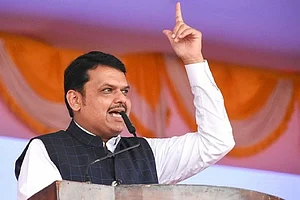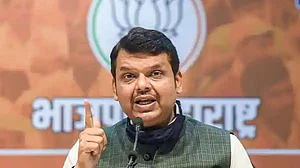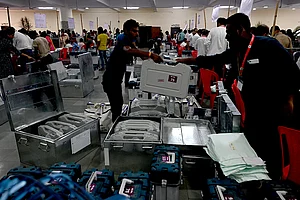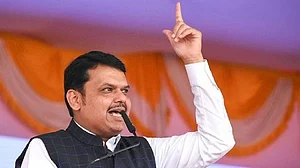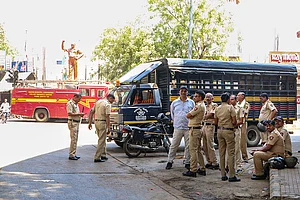
Name: Devendra Fadnavis
Devendra Fadnavis, the Deputy Chief Minister of Maharashtra, is a notable figure in Indian politics, particularly within the Bharatiya Janata Party (BJP). Coming from a family with deep political roots his father, Gangadhar Fadnavis, was a member of the Maharashtra Legislative Council, which provided a nurturing ground for his early interest in politics. Devendra's educational background includes a law degree and a postgraduate degree in business management.
Fadnavis's political entry was marked by his involvement in the Akhil Bharatiya Vidyarthi Parishad (ABVP), the student wing of the RSS, during his college days. His political career formally began in the mid-1990s when he became a corporator in Nagpur, and subsequently, at the age of 27, he became the youngest mayor of Nagpur.
Following the Maharashtra state assembly elections in 2014, Devendra Fadnavis was sworn in as the Chief Minister of Maharashtra, becoming one of the youngest to hold this office. His administration marked a focus on infrastructure development, urban planning, and transparency in governance. Significant initiatives during his tenure included the 'Mumbai Next' project to transform Mumbai into a global financial and entertainment hub and the Jalyukt Shivar Abhiyan, which focused on water conservation and storage.
Under Fadnavis's leadership, Maharashtra also saw the implementation of the Maharashtra Crime and Criminal Tracking Network and Systems (CCTNS), making it the first state in India to digitize its police services comprehensively. Another significant project was the Samruddhi Mahamarg, an expressway connecting Mumbai and Nagpur, which aimed to boost economic development and reduce travel times dramatically.
Fadnavis's tenure as Chief Minister was also notable for his push towards digital governance. His government initiated several digital projects, including setting up cyber labs and launching digital classrooms nationwide. The introduction of the Aaple Sarkar portal, a platform for citizen engagement and grievance redressal, was a step towards making the government more accessible to the people.
Despite these achievements, his tenure faced challenges, particularly in handling agrarian distress. During his term, Maharashtra suffered from severe droughts, and the government's response was deemed inadequate by some sections of society and the media. Additionally, Fadnavis's government was critiqued for not effectively addressing the issues of unemployment and farmer suicides.
The 2019 Maharashtra Assembly elections were a turning point in Fadnavis's career. The BJP emerged as the largest party but could not secure an absolute majority. Fadnavis briefly formed the government with the support of NCP leader Ajit Pawar; however, this arrangement collapsed within days, leading to the Maha Vikas Aghadi government led by Uddhav Thackeray.
In a significant political development in June 2022, after a split in the Shiv Sena, Fadnavis returned to power as the Deputy Chief Minister, with Eknath Shinde as the Chief Minister. This role marked a strategic shift in Maharashtra politics, as Fadnavis, once at the helm as Chief Minister, adapted to a supportive role in the new government structure.

